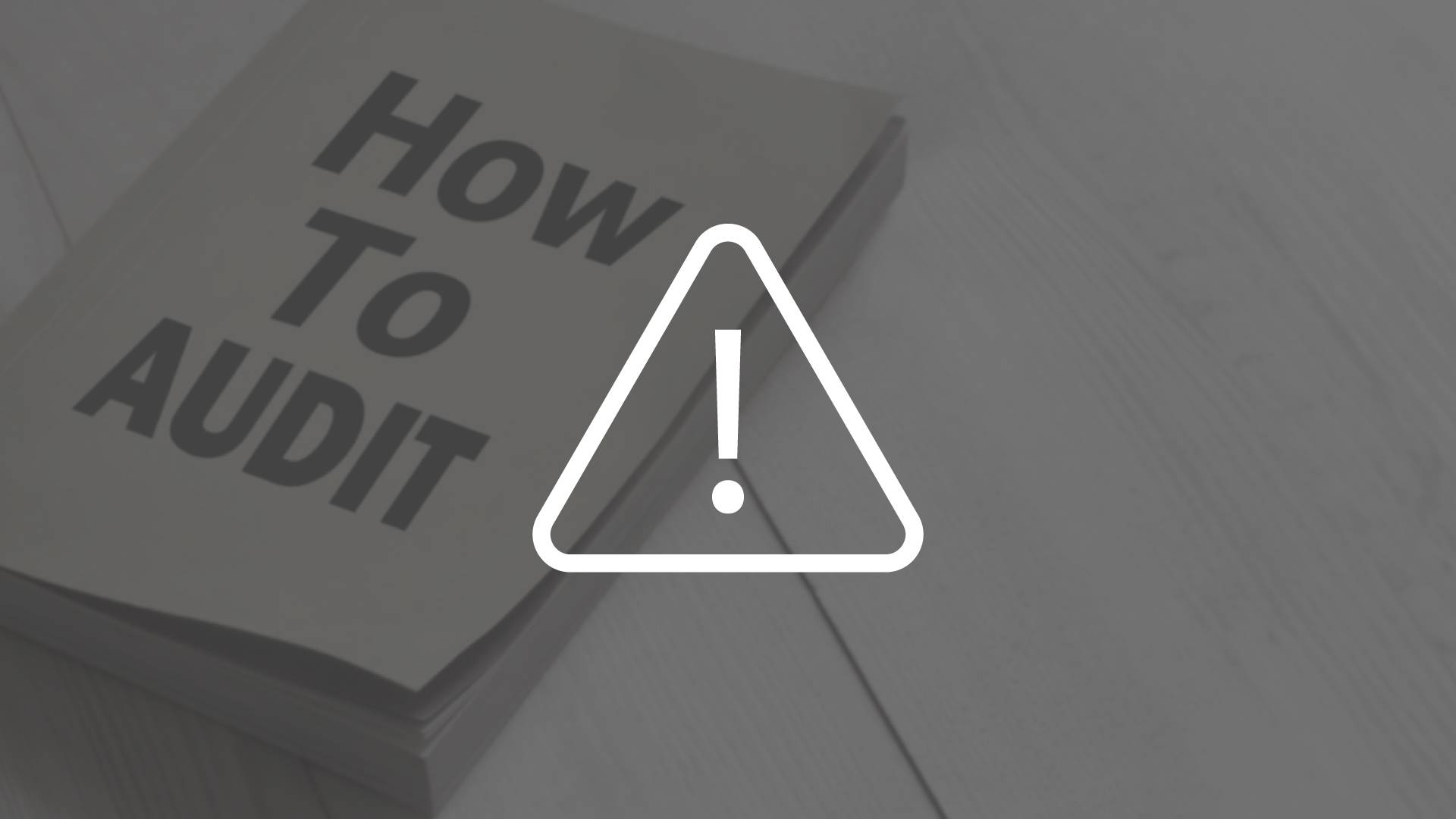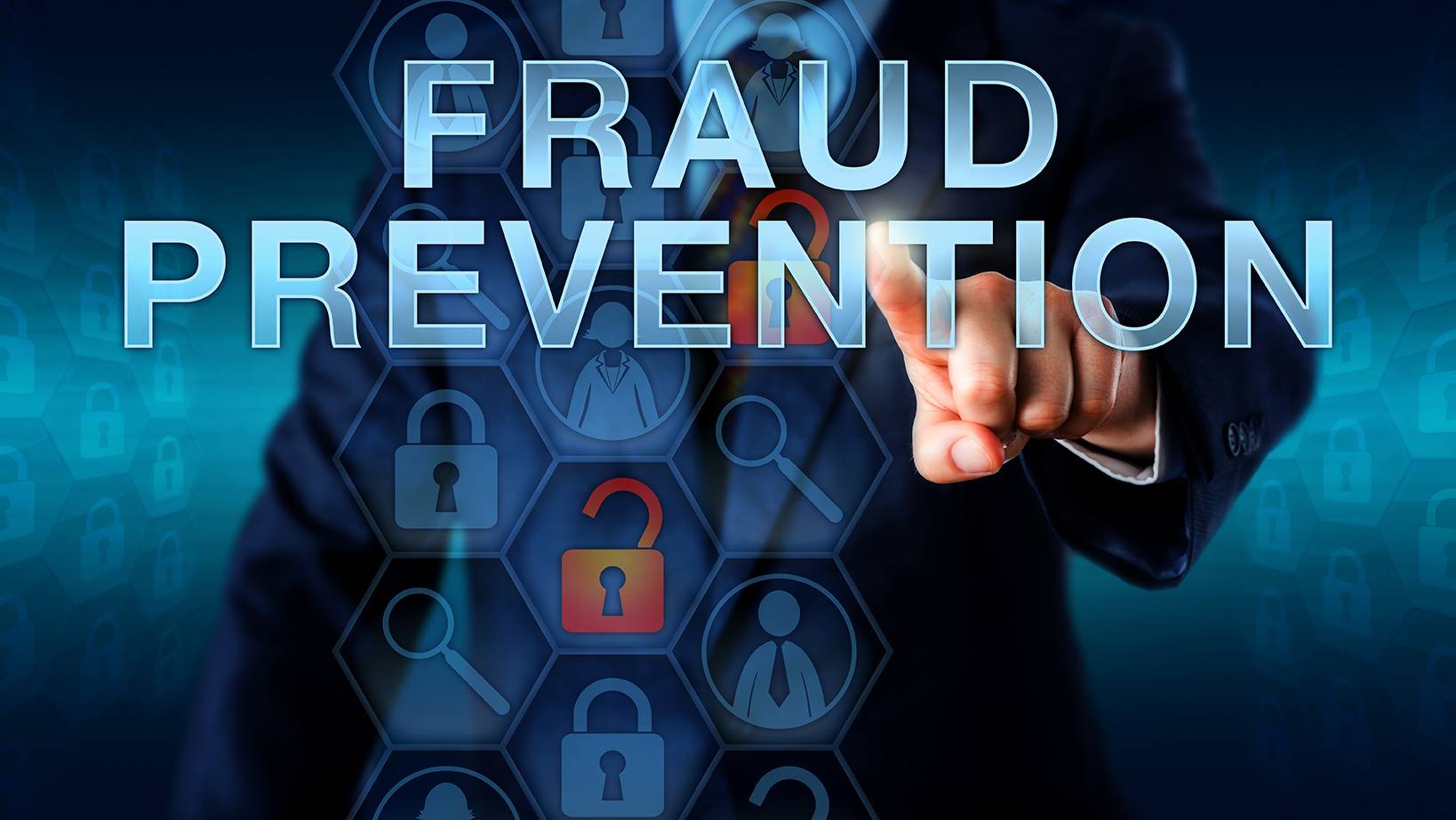Self-Study
How to Audit for Fraud
Explore the signs of fraud to identify financial manipulation techniques with ease.

$87.00 – $107.00
Webcasts are available for viewing Monday – Saturday, 8am – 8pm ET.
Without FlexCast, you must start with enough time to finish. (1 Hr/Credit)
Please fill out the form below and we will reach out as soon as possible.
CPE Credits
3 Credits: Auditing
Course Level
Overview
Format
Self-Study
Course Description
How to Audit for Fraud is an essential course for auditors seeking to enhance their expertise in fraud detection and prevention. This fraud CPE course offers a thorough understanding of the auditor’s role in identifying fraud, covering the components of the fraud triangle and the responsibility for fraud prevention. Participants of this fraud auditing CPE will learn about various scams used to inflate sales, methods for manipulating financial statements, and tactics for covering up fraudulent activities. Beyond theory, the course provides practical techniques for detecting fraudulent journal entries, altering documents, and tracking cash theft. It also equips auditors with the skills to navigate complex situations like recognizing the pressure on clients to falsify financial statements and how to effectively communicate fraud findings. This auditing CPE course is not just about learning the principles of fraud detection; it’s about applying them in real-world scenarios, enhancing your capabilities as an auditor in identifying and addressing fraud.
Learning Objectives
Upon successful completion of this course, participants will be able to:
Chapter 1
- Recognize the components of the fraud triangle.
- Recognize who is responsible for fraud prevention and detection.
- Understand the reasons for professional skepticism in the conduct of an audit for fraud.
- Describe how to communicate to the client a discovery of fraud.
- Recognize the situations that create pressure for a client to falsify its financial statements.
Chapter 2
- Note the different types of scams that can be used to inflate the reported level of sales.
- Describe how to alter the outcome of the receivables turnover measurement.
- Cite the circumstances under which a client would want to recognize a large loss reserve.
- Recognize the methods that can be used to shift expenses into a later period.
- Cite the ways in which liabilities can be artificially lowered.
- Note the primary goal of mis-reporting cash flows in the statement of cash flows.
Chapter 3
- Describe the most appropriate audit team staffing when fraud is suspected.
- Recognize the characteristics of a fraudulent journal entry.
- Describe the techniques that can be used to alter a document to cover up a fraud.
- Note the methods available for tracking down the theft of cash.
Course Specifics
9179031
January 3, 2024
There are no prerequisites.
None
67
Compliance Information
CFP Notice: Not all courses that qualify for CFP® credit are registered by Western CPE. If a course does not have a CFP registration number in the compliance section, the continuing education will need to be individually reported with the CFP Board. For more information on the reporting process, required documentation, processing fee, etc., contact the CFP Board. CFP Professionals must take each course in it’s entirety, the CFP Board DOES NOT accept partial credits for courses.
Meet The Experts

Steven M. Bragg, CPA, is a full-time book and course author who has written more than 300 business books and courses. He provides Western CPE with self-study courses in the areas of accounting and finance, with an emphasis on the practical application of accounting standards and management techniques. A sampling of his courses include the The New Controller Guidebook, The GAAP Guidebook, Accountants’ Guidebook, and Closing the Books: An Accountant’s Guide. He also manages the Accounting Best Practices podcast. Steven has been the CFO or controller of both public and private companies and has been a consulting manager with Ernst & Young and …
Related Courses
-
 Auditing
Auditing
Computer Fraud and Abuse
Marshall Romney, CPA, PhD, CFE QAS Self-Study
Credits: 6 $174.00
QAS Self-Study
Credits: 6 $174.00$174.00 – $204.00
-
 Auditing
Auditing
Fraud Prevention, Detection, and Audit
Marshall Romney, CPA, PhD, CFE QAS Self-Study
Credits: 9 $261.00
QAS Self-Study
Credits: 9 $261.00$261.00 – $291.00
-
 Auditing
Auditing
Assessing Fraud Risks: Understanding Common Fraud Schemes
Marshall Romney, CPA, PhD, CFE QAS Self-Study
Credits: 7 $203.00
QAS Self-Study
Credits: 7 $203.00$203.00 – $233.00
